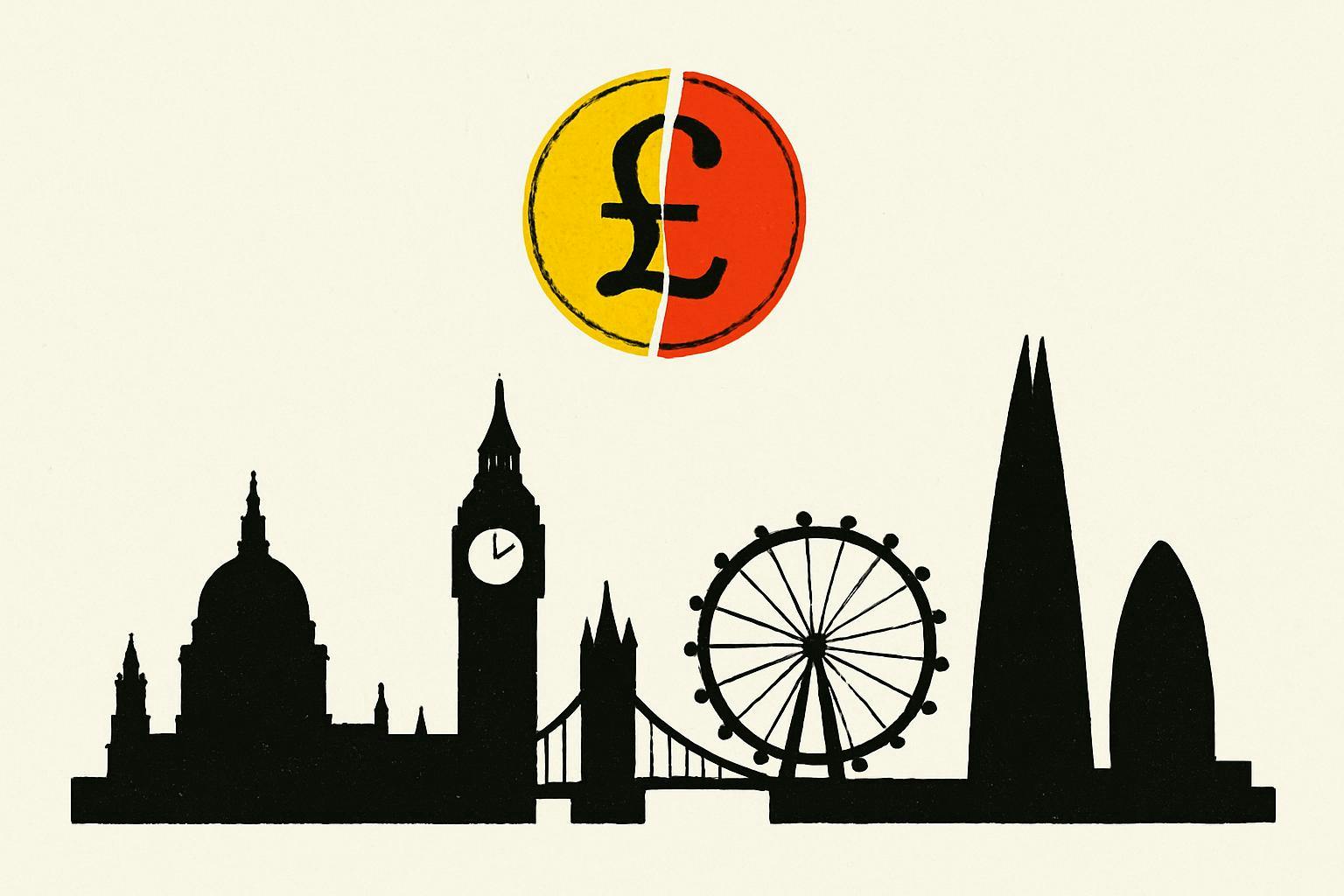Energy Transition Slows as BP Pushes Back Oil Demand Peak by Five Years

BP Plc has significantly revised its global oil demand projections, now forecasting that consumption will continue growing until 2030—five years later than its previous estimate of 2025. The London-based energy giant released its annual Energy Outlook on Thursday, highlighting that slowed progress in energy efficiency improvements has altered the trajectory of global energy consumption patterns. The comprehensive report models energy trends through 2050 under different scenarios, providing critical insights for policymakers and industry stakeholders navigating the complex energy transition landscape.
The company's "Current Trajectory" scenario, which is based on existing policies and pledges, projects global oil demand reaching 103.4 million barrels per day by 2030 before declining to 83 million bpd by 2050. This marks a substantial shift from last year's outlook, which anticipated demand peaking around 102 million bpd by 2025. The revised forecast reflects broader challenges in accelerating energy efficiency gains across global economies, particularly in transportation and industrial sectors where oil remains deeply embedded.
BP's analysis presents two distinct pathways: the Current Trajectory scenario and a more ambitious "Below 2-Degrees" scenario that aligns with climate goals. In the latter scenario, oil demand would peak immediately at 102.2 million bpd this year before plummeting to just 33.8 million bpd by 2050. The divergence between these scenarios underscores the critical role that policy decisions and technological advancements will play in determining the pace of the energy transition over the coming decades.
The outlook also reveals significant implications for natural gas markets and carbon emissions. Under the Current Trajectory, natural gas demand is projected to grow approximately 17% to around 4,800 billion cubic meters by 2040, driven primarily by Asian markets including China and India. Meanwhile, carbon emissions would remain largely flat until 2030 before declining about 25% by 2050 from 2023 levels. The European Union's imports of Russian pipeline gas are expected to fall by approximately 50% to 15 bcm, remaining at that reduced level for decades, reflecting ongoing shifts in global energy trade patterns.




